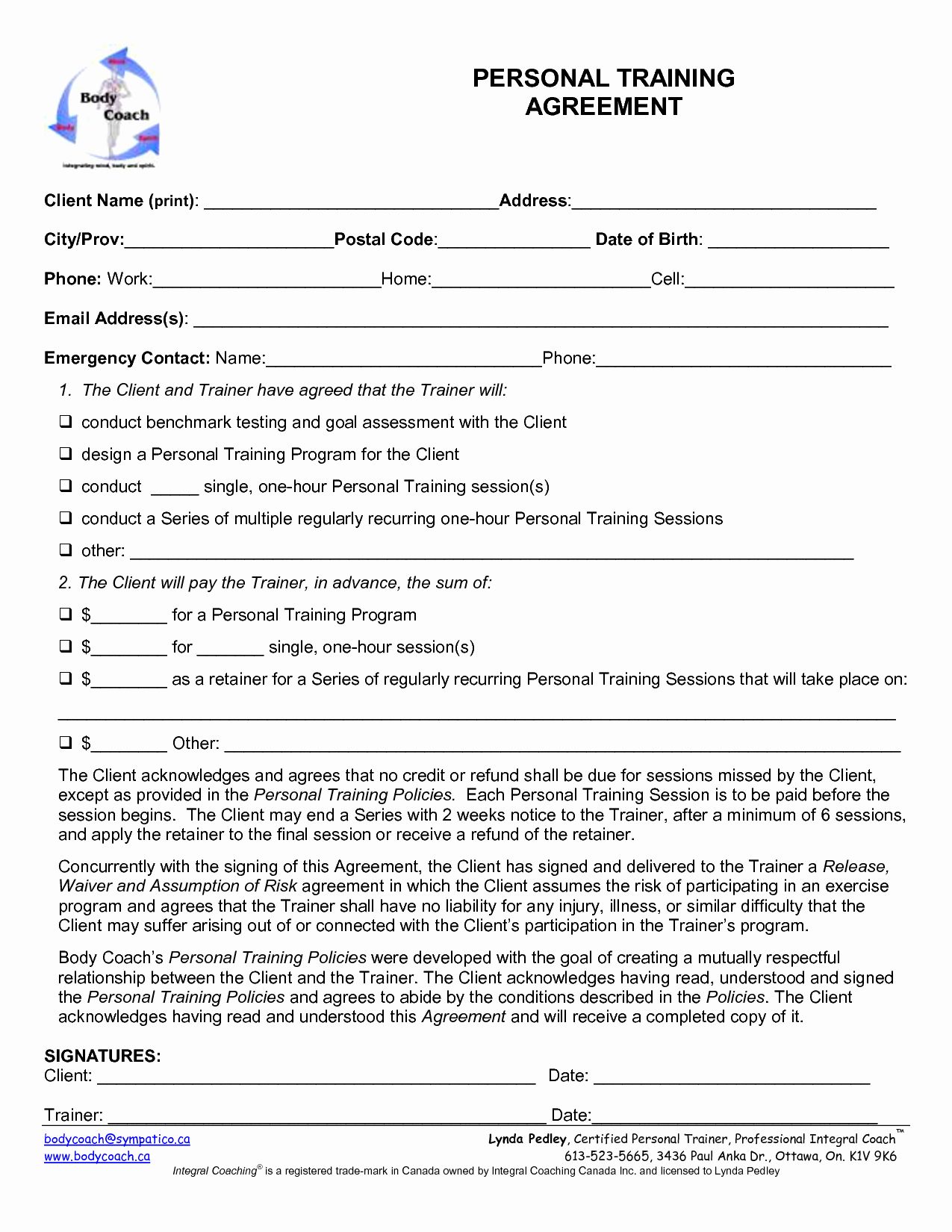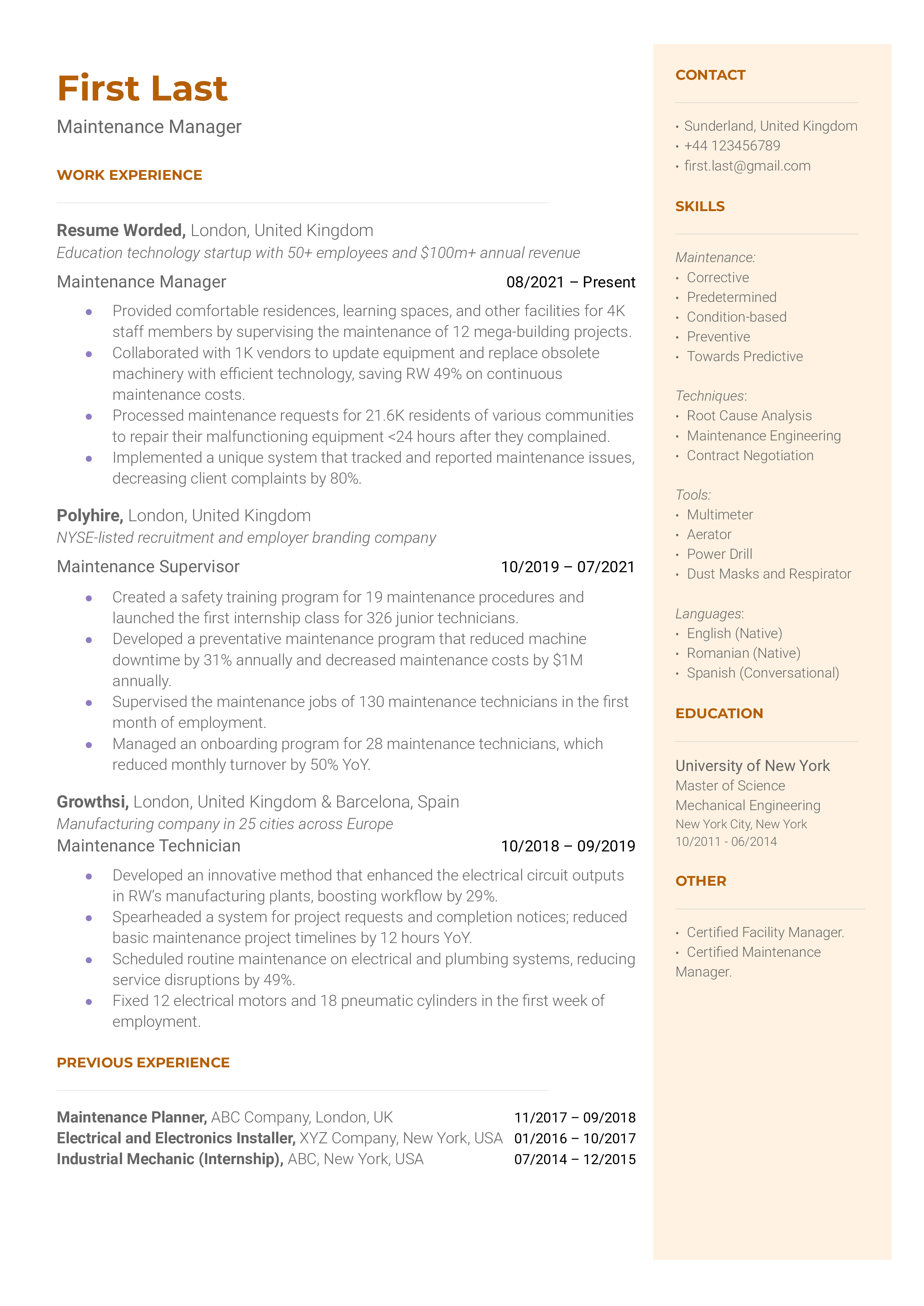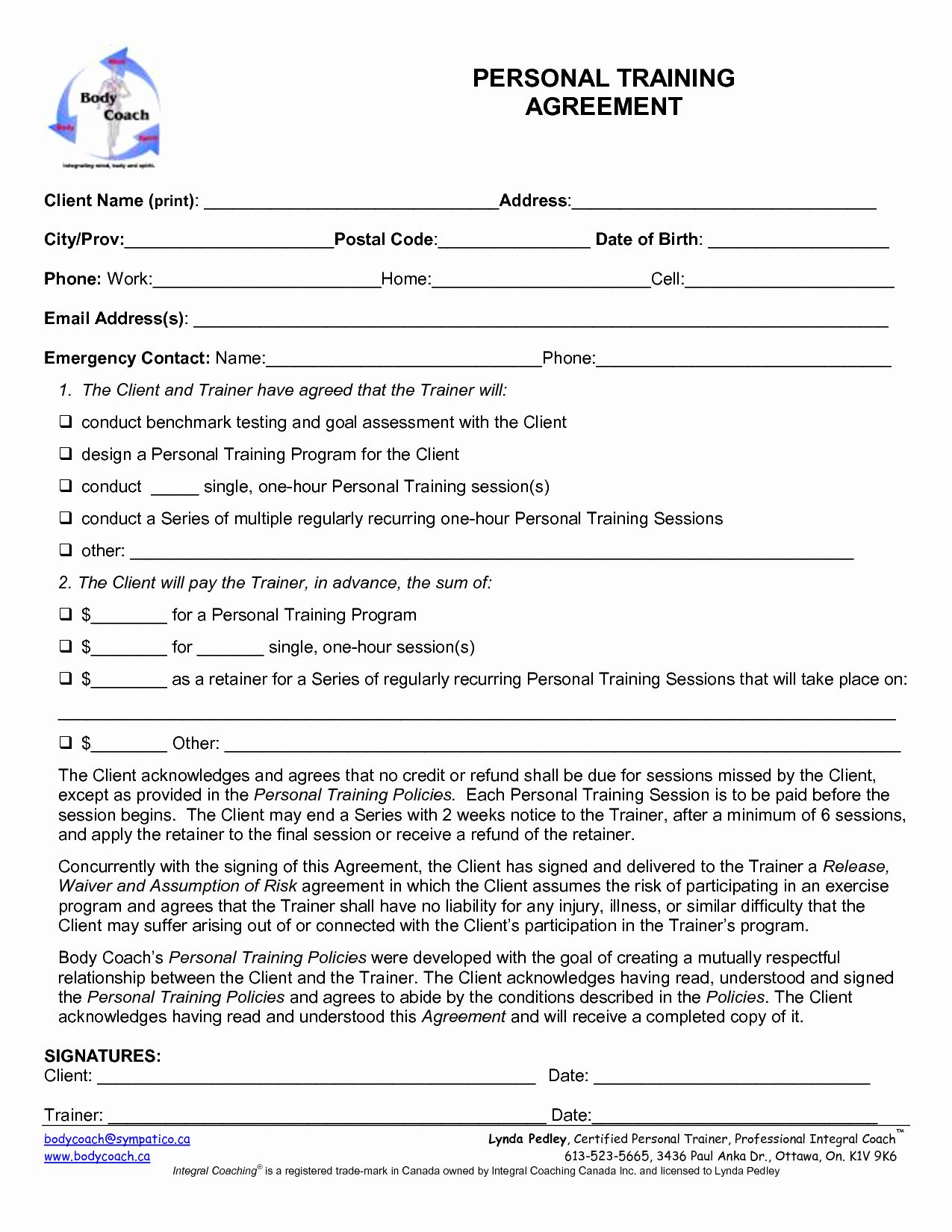Paperwork Essentials for Traveling Personal Trainers

The Freelance Fitness Journey: Navigating Paperwork Essentials for Traveling Personal Trainers
Traveling as a personal trainer has its unique set of challenges, one of which is the array of paperwork you must manage. Whether you're jet-setting between clients or hosting fitness workshops across the globe, understanding the documents necessary for smooth travel and professional operations is crucial.
Essential Documentation for International Travel

Before you embark on your fitness adventure abroad, make sure you have the following documentation in order:
- Passport: Ensure your passport is valid for at least six months beyond your planned travel dates. Check the validity of your current passport, as some countries require it to be current for up to six months past your stay.
- Visas: Depending on the country, a visa might be necessary. Research visa requirements well in advance, as processing times can vary.
- Vaccination Certificates: Certain countries require proof of vaccinations, especially if you're visiting or staying in areas prone to diseases like yellow fever or malaria.
- Travel Insurance: This is essential for covering medical emergencies, cancellations, or loss of belongings.
📌 Note: Always keep copies of your documents, both digital and physical, stored in separate locations in case of loss or theft.
Certifications and Licenses

Professional credibility is key in the fitness industry, and maintaining your certifications and licenses is paramount:
- CPR and First Aid Certification: Keep these current, as they are not only important for your clients' safety but also to comply with fitness organization standards.
- Fitness Certifications: Whether it’s from ACE, NASM, or ISSA, ensure that your certifications are recognized internationally if you plan to work abroad.
- Liability Insurance: Have coverage that extends to your international work. This protects you from potential legal actions by clients.
⚠️ Note: Some countries may require additional licenses or certifications to legally conduct personal training sessions. Research local regulations.
Client Documentation

Handling client documentation efficiently can enhance your professional image and ensure compliance:
| Document Type | What to Include |
|---|---|
| Client Intake Form | Health history, fitness goals, allergies, emergency contacts, and consent for treatment |
| Liability Waiver | Legal document outlining risks associated with training and client's acceptance of those risks |
| Client Agreements | Terms of service, payment schedule, confidentiality agreements |
| Progress Reports | Track improvements, setbacks, and overall fitness journey |

Financial Paperwork

As a traveling personal trainer, managing your finances across borders is essential:
- Tax Forms: Understand the tax laws of the countries you operate in. Keep records of your income for reporting purposes.
- Payment Receipts: Maintain organized records of all transactions, both for bookkeeping and potential audits.
- Invoicing: Use professional invoices with all necessary information to ensure prompt payments.
Traveling personal trainers often navigate a more complex financial landscape due to currency exchange rates and international taxes, making accurate financial documentation a priority.
Technology and Digital Tools

To streamline the management of documents and enhance productivity, consider:
- Cloud Storage: Use platforms like Google Drive, Dropbox, or OneDrive to keep your documents accessible and safe.
- Apps for E-Signatures: Apps like DocuSign or Adobe Sign make it easy to have clients sign forms digitally.
- Time Tracking and Billing Software: Software such as Clockify or Toggl helps track your working hours, aiding in efficient billing and financial management.
💡 Note: Using digital tools reduces paper clutter and enhances the professional image of your services.
Understanding and managing paperwork isn't just about staying organized; it's about providing a high level of service, maintaining professionalism, and ensuring compliance with legal requirements wherever your travels take you. From passports to progress reports, each document plays a vital role in your success as a traveling personal trainer. By staying vigilant with your paperwork, you ensure that your focus remains on transforming lives through fitness, not on bureaucratic tangles.
What should I do if my passport is about to expire?

+
Ensure you renew your passport well in advance, as many countries require it to be valid for at least six months beyond your planned travel dates. Start the renewal process as early as possible to avoid any complications or delays.
Do I need different certifications to work abroad as a personal trainer?

+
Yes, some countries might require you to have local certifications or additional international certifications to conduct personal training sessions legally. Research each country’s requirements before booking travel.
How do I handle financial management for international work?

+
Keep detailed records of all income, expenses, and taxes for each country you work in. Consider using financial software or a professional accountant to navigate international tax laws and currency exchanges effectively.